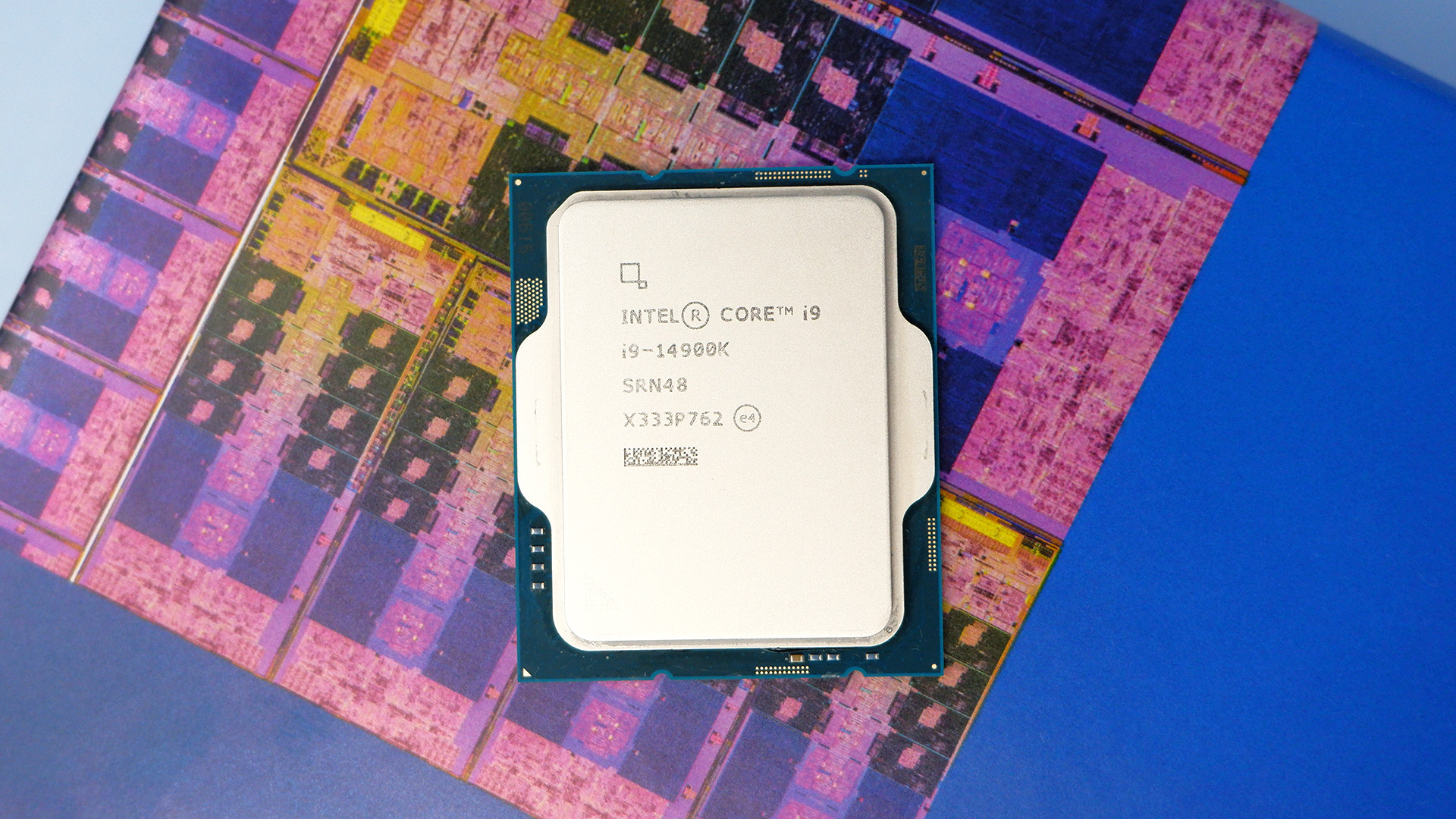Now it's AMD's Ryzen 9000-series processors alleged to be suffering from terminal voltage spikes and we're not sure if any CPUs are totally safe
First it was Intel, now it's claimed AMD CPUs are dying thanks to voltage spikes.
Keep up to date with the most important stories and the best deals, as picked by the PC Gamer team.
You are now subscribed
Your newsletter sign-up was successful
Want to add more newsletters?

Every Friday
GamesRadar+
Your weekly update on everything you could ever want to know about the games you already love, games we know you're going to love in the near future, and tales from the communities that surround them.

Every Thursday
GTA 6 O'clock
Our special GTA 6 newsletter, with breaking news, insider info, and rumor analysis from the award-winning GTA 6 O'clock experts.

Every Friday
Knowledge
From the creators of Edge: A weekly videogame industry newsletter with analysis from expert writers, guidance from professionals, and insight into what's on the horizon.

Every Thursday
The Setup
Hardware nerds unite, sign up to our free tech newsletter for a weekly digest of the hottest new tech, the latest gadgets on the test bench, and much more.

Every Wednesday
Switch 2 Spotlight
Sign up to our new Switch 2 newsletter, where we bring you the latest talking points on Nintendo's new console each week, bring you up to date on the news, and recommend what games to play.

Every Saturday
The Watchlist
Subscribe for a weekly digest of the movie and TV news that matters, direct to your inbox. From first-look trailers, interviews, reviews and explainers, we've got you covered.

Once a month
SFX
Get sneak previews, exclusive competitions and details of special events each month!
As the Raptor Lake crashing CPU debacle rumbles on, maybe AMD's latest Ryzen 9000-series processors suffer from the same or at least a similar problem with spiking voltages causing CPU instability and even death? That's what YouTube channel Tech YES City is claiming.
In a video upload titled, "I think I know why Ryzen 9000 Series CPUs are Dying," and digging into the whole dead-AMD-CPUs-in-ASRock-motherboards thing, it's claimed that spiking CPU voltages are bringing AMD Ryzen 9000 chips, such as the 9800X3D, down.
In testing, Tech YES City found that ASRock motherboards tended to use less power and run lower voltages, both under load and at idle, compared to motherboards from the likes of MSI and Asus. And the differences are occasionally substantial.
By way of example, an ASRock B850 board running a Ryzen 9 9950X was found to consume a peak of 39 W and an average of 33 W when playing a video file, while an MSI X870E hit 58 W and 40 W by the same metrics.
Similarly, the maximum EDC amperage during gaming was found to be 77 A for the ASRock board and 92 A for the MSI board. Those kinds of deltas seem to be consistent throughout.
But wait, lower power and voltage should be safer, right? Well, yes, but not if that's on average and yet when you look at the fine detail you're getting lower voltages most of the time punctuated by severe micro-spikes.
Tech YES City observed the SoC voltage on all of the boards at default settings. The ASRock boards were found to exhibit dynamic voltage—ie voltage that varies—while the other boards were static or very, very nearly static.
Keep up to date with the most important stories and the best deals, as picked by the PC Gamer team.
The reason to have dynamic votlage is to save power by lowering the average voltage. But according to Tech YES City, that could introduce the possibility of voltage spikes.

"Perhaps with the Ryzen 9000 Series," Tech YES City says, "there's some sort of request going on that's causing this very minuscule—it might be microseconds or milliseconds—where it's requesting so much voltage, and that's just killing the CPU."
If that's correct, what's the solution? Again, according to Tech YES City if you tick enable for ''SoC OC mode" (also sometimes known as "uncore OC mode")in the motherboard BIOS, the SoC voltage will remain static.
It's unclear why that's the case, you might think an OC mode would push settings harder, not cap them. But perhaps that setting simply sets a higher static voltage, preventing any spikes.
Moreover, all of this is at least a little familiar in the context of a similar voltage spike issue that hit the Ryzen 7000 series was patched back in 2023.
Anywho, it will be interesting to see how this one develops. Tech YES City say they have reached out to ASRock but have yet to hear back. But the channel also says that despite the fact that the problem seems more prevalent on ASRock boards, it's ultimately an issue with the CPU, not the motherboard. It just somewhat hinges on motherboard settings for exposure.
An official comment from AMD would also be nice. Watch this space for more.
Best CPU for gaming: Top chips from Intel and AMD.
Best gaming motherboard: The right boards.
Best graphics card: Your perfect pixel-pusher awaits.
Best SSD for gaming: Get into the game first.

Jeremy has been writing about technology and PCs since the 90nm Netburst era (Google it!) and enjoys nothing more than a serious dissertation on the finer points of monitor input lag and overshoot followed by a forensic examination of advanced lithography. Or maybe he just likes machines that go “ping!” He also has a thing for tennis and cars.
You must confirm your public display name before commenting
Please logout and then login again, you will then be prompted to enter your display name.



